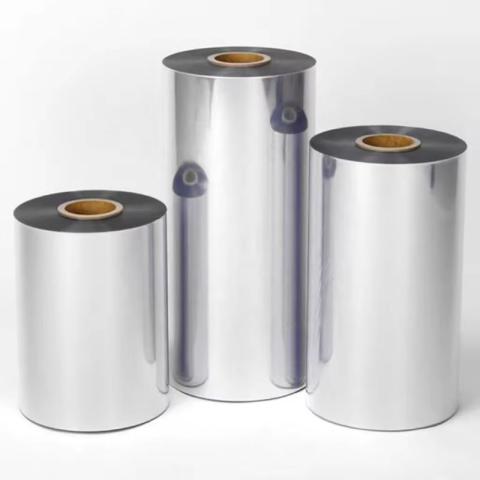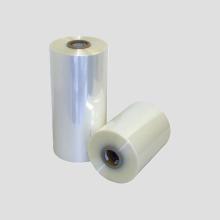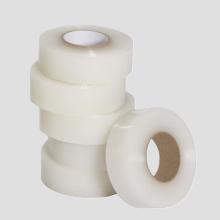Biodegradable aluminized film is a type of film material in which a layer of metallic aluminum is physically or chemically deposited on the surface of the substrate and the composite material is capable of being decomposed by microorganisms into harmless substances, such as carbon dioxide and water, under natural conditions (e.g., in soil).
Basic Composition
- Substrate: Usually polylactic acid (PLA), polycaprolactone (PCL) or other natural polymer materials are used as the support layer.
- Aluminum plating layer: Pure aluminum is uniformly covered on top of the substrate using vacuum evaporation technology to form a protective barrier.
Features
- Good barrier properties: The dense metal layer formed after aluminizing can effectively prevent the influence of external factors such as oxygen and moisture on the internal contents, thus prolonging the shelf life.
- Excellent optical properties: high gloss and reflectivity, can be used to enhance the aesthetic appearance of the product.
- Environmentally friendly and safe: after use, it can be disposed of through composting and other means, without causing environmental pollution.
- Strong processing adaptability: thickness, color and other parameters can be adjusted according to different needs to meet diverse application scenarios.
- High cost-benefit ratio: Although the initial investment may be higher than that of ordinary plastic products, its recycling value is higher in the long run.
Applications
- Food Packaging
- Fruit and vegetable preservation bags
- Meat/seafood packaging
- Candy and chocolate packaging
- Healthcare
- Tablet blisters
- Syringe caps
- Household products
- Personal care product packaging
- Cleaning product containers
- Others
- Agricultural mulch film
- Industrial Moisture Barrier Packaging
- Fruit and vegetable preservation bags
Product Category





